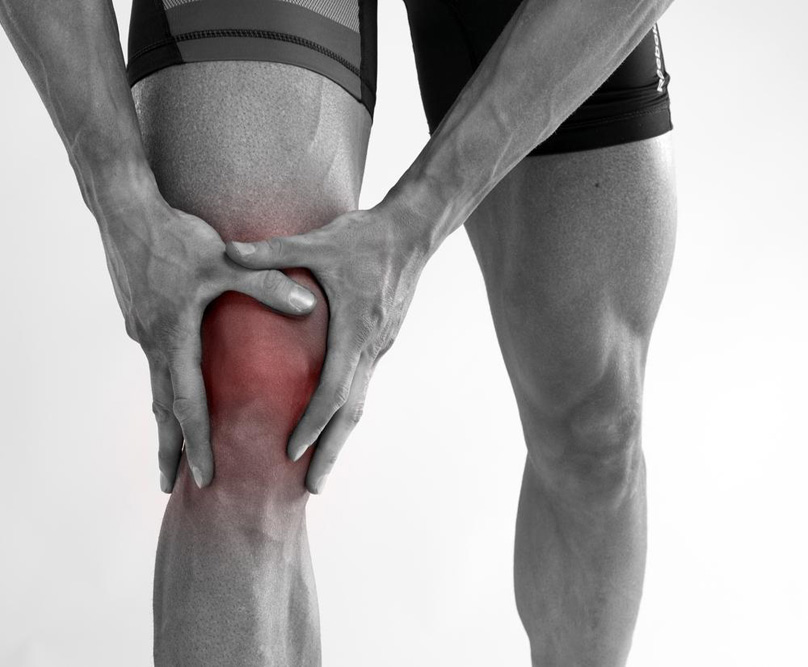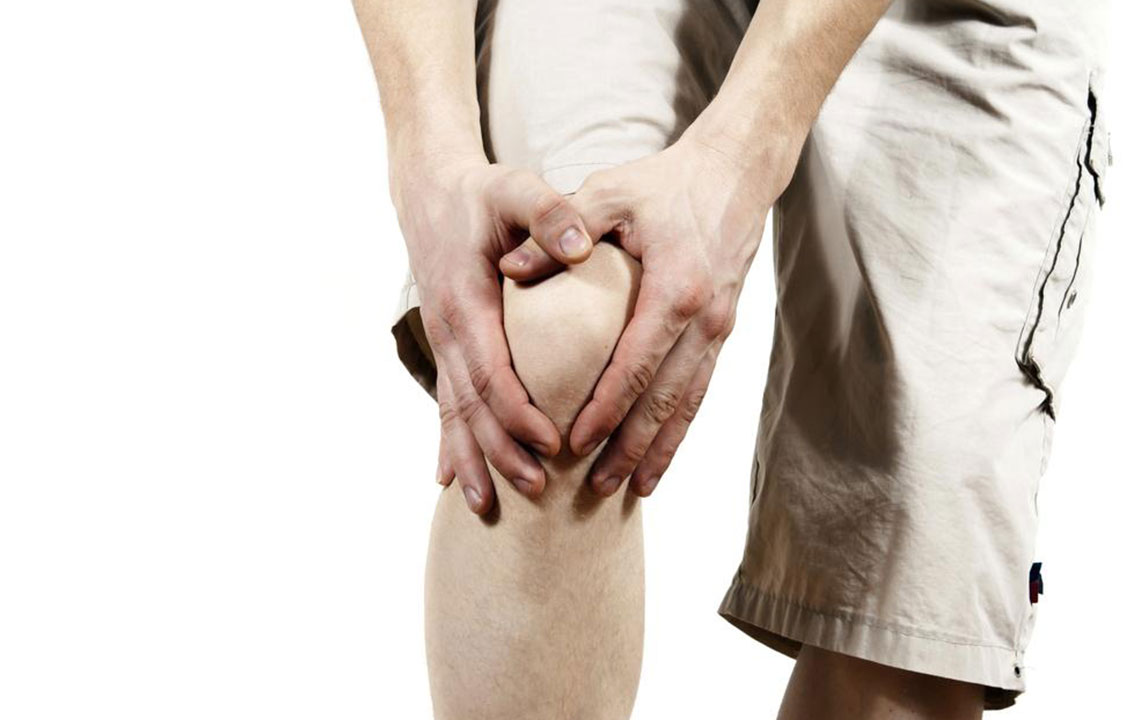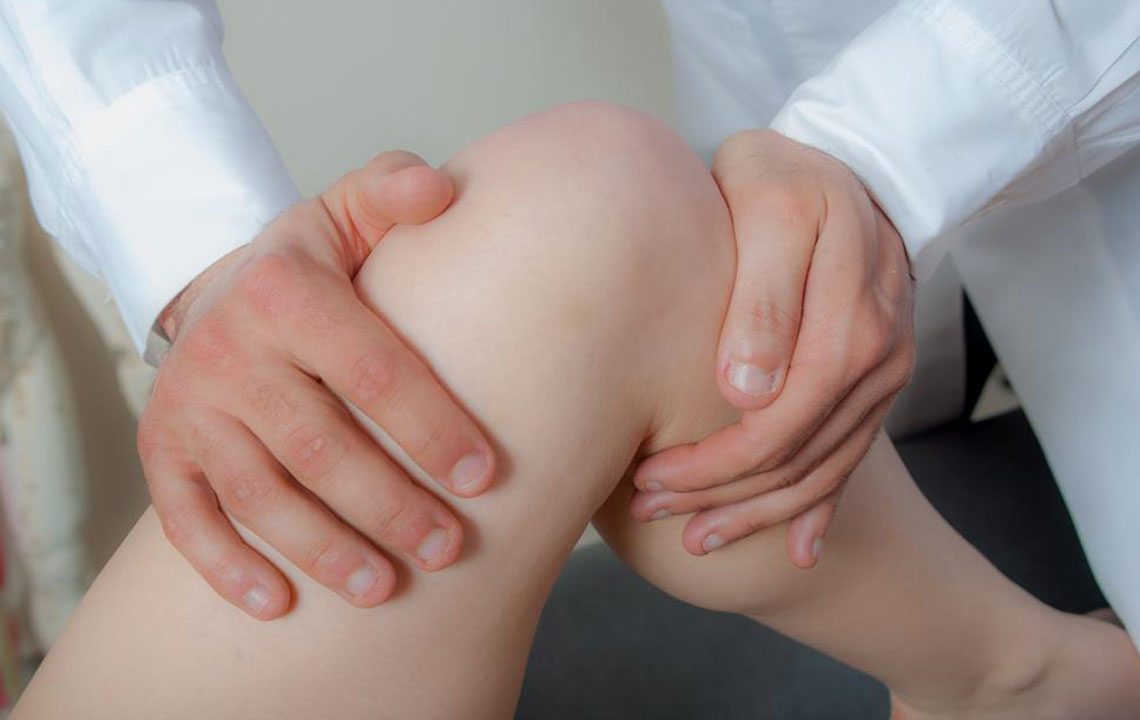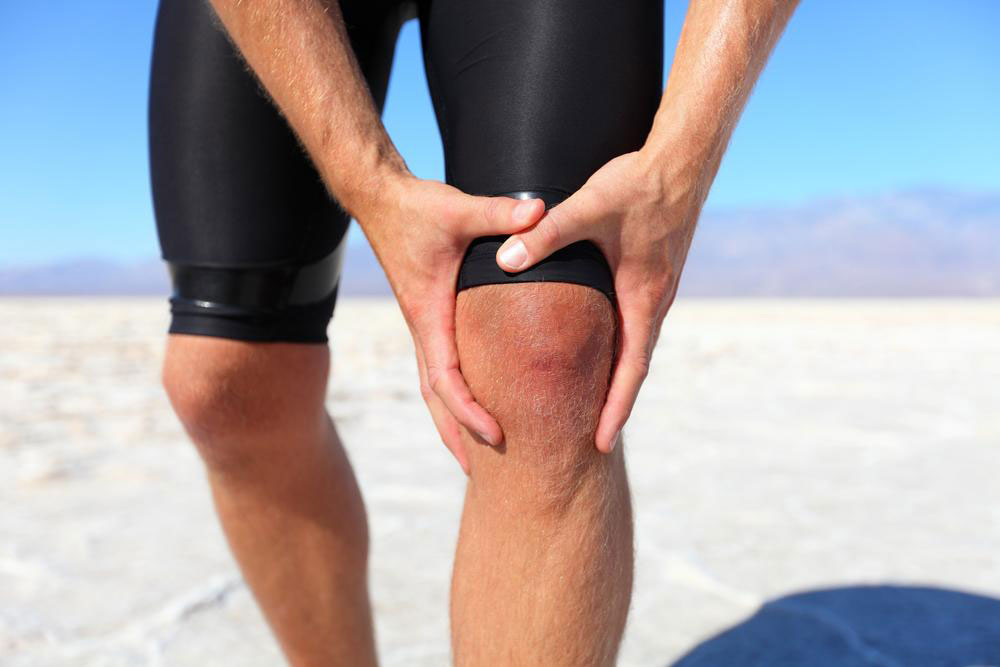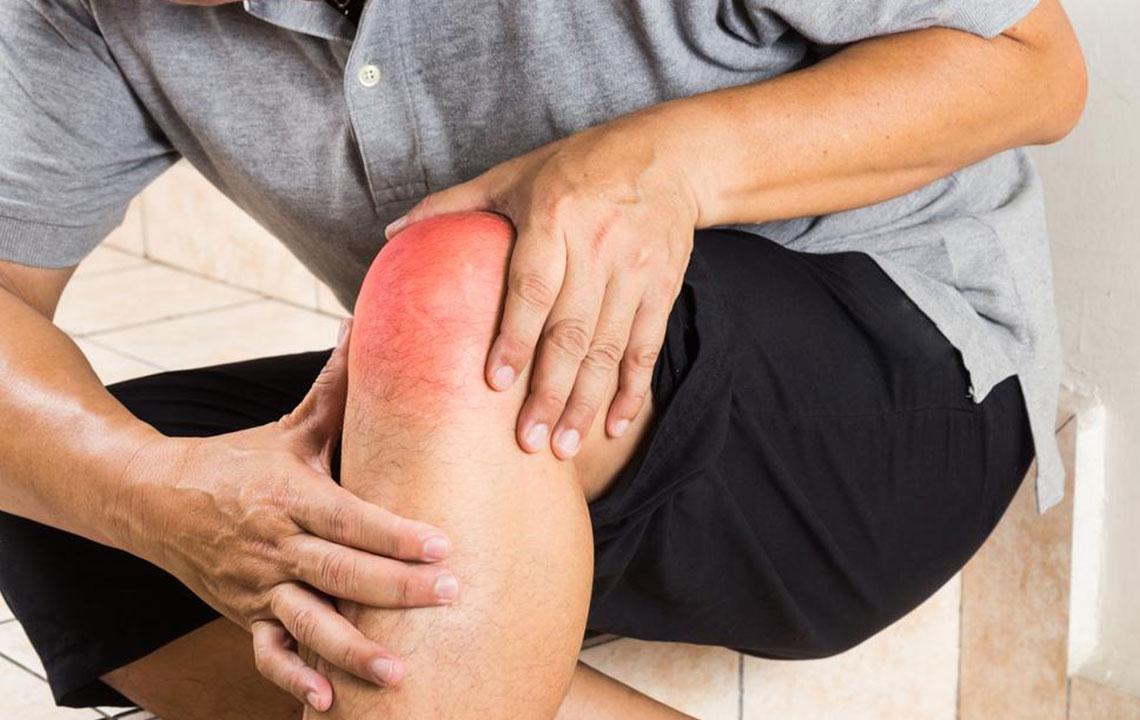Common Causes and Treatments for Knee Discomfort
This article explores common causes of knee pain, including ligament injuries, cartilage tears, and various forms of arthritis. It discusses diagnosis methods and treatment options, emphasizing the importance of prompt medical intervention to prevent further damage and improve mobility. Whether dealing with traumatic injuries or degenerative conditions, understanding the underlying cause is key to effective management and recovery.
Sponsored
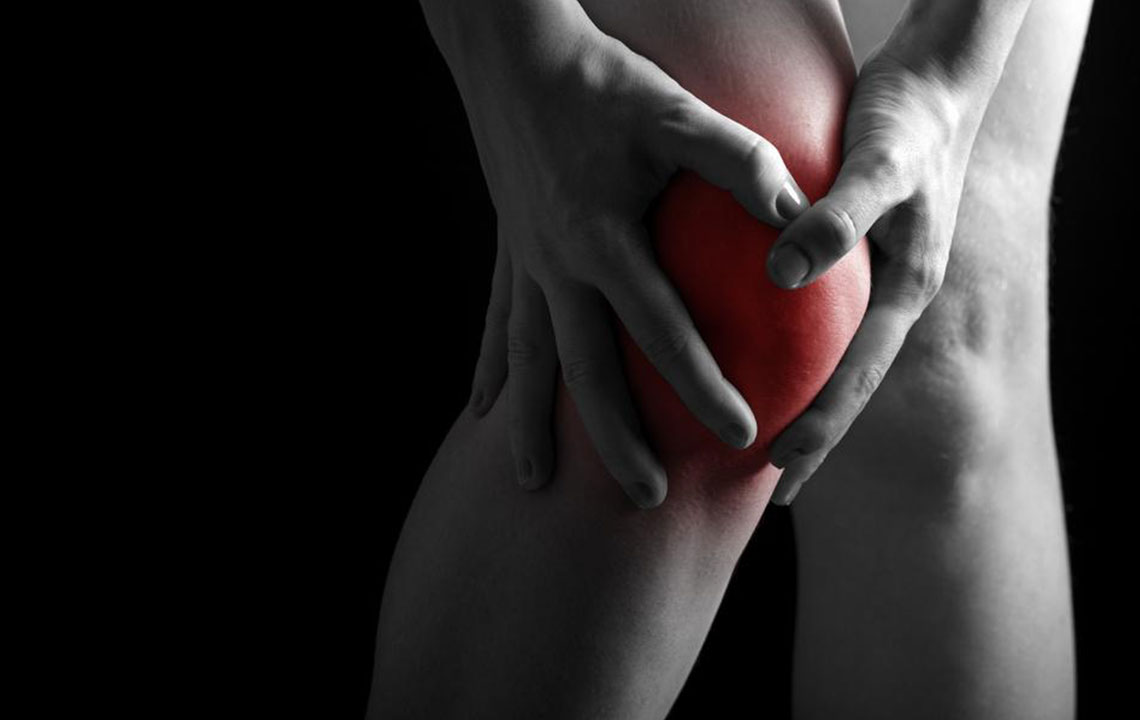
Many individuals encounter knee discomfort at some stage of life. Activities like sports and exercise often lead to conditions such as tendinitis, muscle strains, or injuries affecting cartilage and ligaments. Severe knee pain can restrict daily activities, while even minor discomfort can hamper an active lifestyle. Prompt identification and treatment of the underlying cause are crucial to prevent further damage.
Typical causes include:
Ligament injuries
The ligaments connect the thigh bone to the lower leg and provide stability to the knee. Sports-related incidents frequently cause sprains or tears in the anterior cruciate ligament (ACL), posterior cruciate ligament (PCL), or medial collateral ligament (MCL). These injuries often result in intense knee pain and may require surgical intervention.
Cartilage damage
Damage can also occur to the knee's cartilage, a semi-hard tissue that covers bone ends. The menisci, on the inside and outside of the knee, are two crescent-shaped cartilage pads. Tears in these structures are common and usually necessitate surgical repair.
Arthritis in the knee
Arthritis, a degenerative joint disease, can cause significant pain and mobility issues. Its main types include osteoarthritis, rheumatoid arthritis, and post-traumatic arthritis. Symptoms often include swelling, stiffness, and difficulty bending the knee. Rheumatoid arthritis is an autoimmune condition that inflames joint tissues, potentially damaging cartilage. Post-traumatic arthritis results from severe injuries such as ligament tears or fractures, leading to cartilage deterioration over time. Osteoarthritis, the most common form, affects those over 50, due to aging, previous injuries, genetics, obesity, or other illnesses like gout.
Joint dislocation
A dislocated knee is a medical emergency that can impede blood flow and requires immediate treatment. Such injuries often occur during vehicle accidents when the knee strikes a hard surface.
Bone fractures
Trauma causing broken bones in the knee results in intense pain and functional impairment. Fractures demand urgent medical assessment and treatment to prevent complications.
Diagnosis
Physicians assess knee conditions through physical exams and X-rays, asking about pain levels, mobility, and flexibility. Additional tests help determine the specific cause, such as arthritis type or structural damage.
Managing arthritic knee pain
Treatment options include physical therapy to strengthen muscles, weight management, pain relievers like NSAIDs or acetaminophen, and supportive wraps. Severe cases may require surgical procedures such as partial or total knee replacements. Consulting an experienced orthopedic surgeon and following pre-surgical guidelines are essential for successful outcomes.

